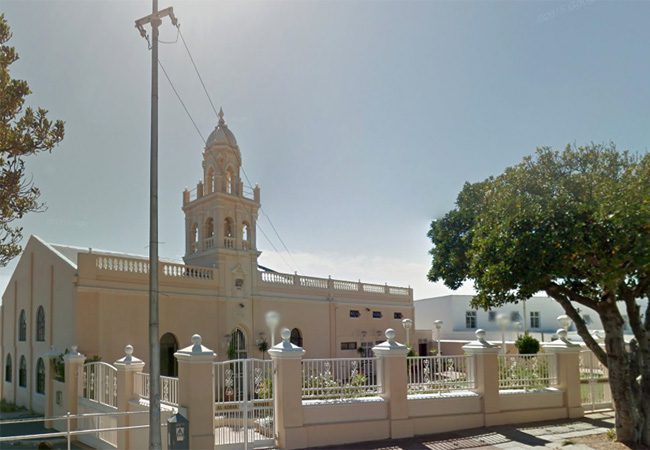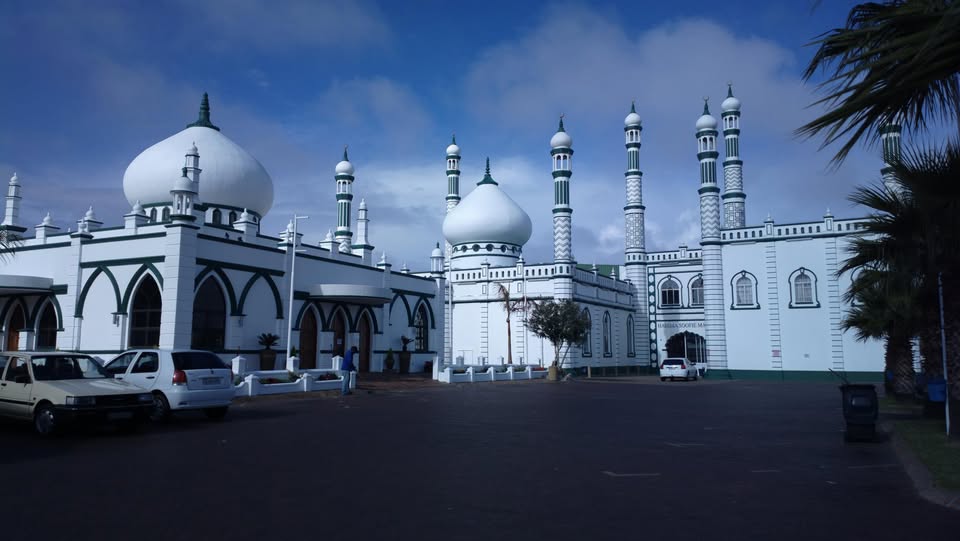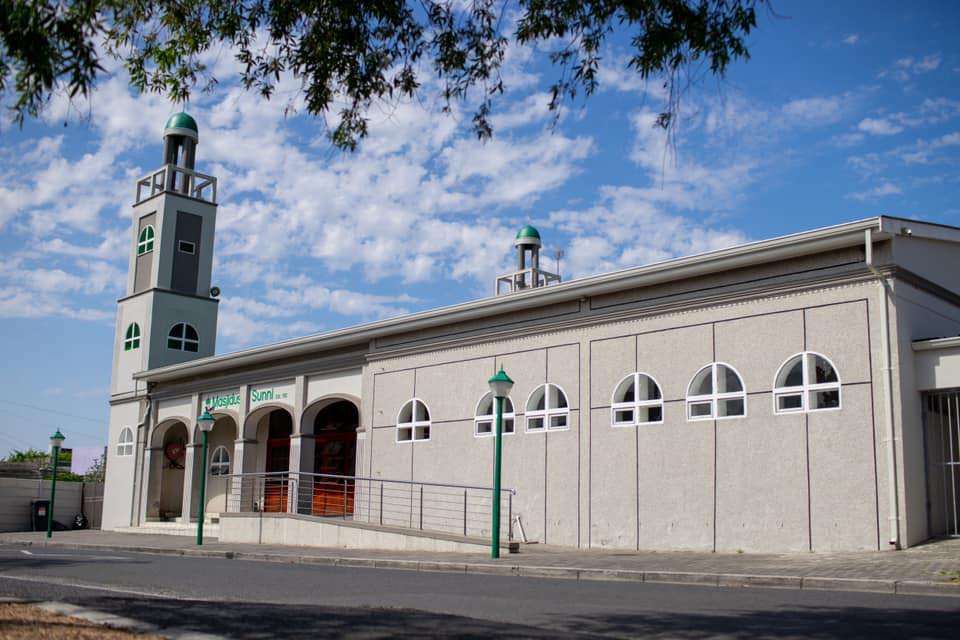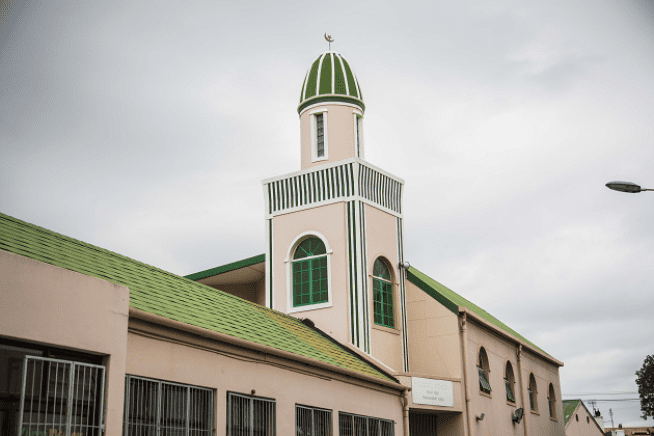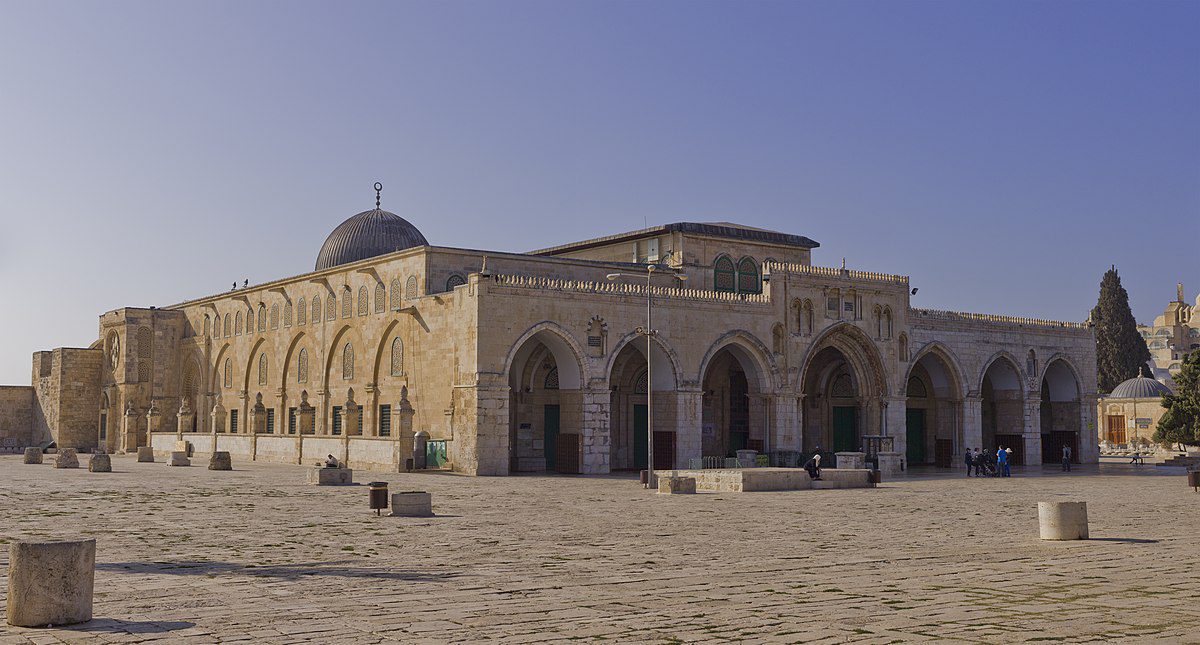Discover the rich history and enduring legacy of the Al Azhar Mosque in Cape Town, a significant religious and cultural institution that has stood the test of time. Explore the inspiring stories of the mosque’s distinguished Imams, the importance of the madrassah, and the vital role it plays in the local community. Join us as we delve into the remarkable journey of this spiritual haven, from its foundation in the late 19th century to its present-day prominence, showcasing the resilience and unity of Cape Town’s Muslim community. Uncover the fascinating story of the Al Azhar Mosque and its prominent scholars, whose dedication to education and Islamic teachings has made a lasting impact on generations of believers in South Africa and beyond.
Introduction
Nestled in the heart of District Six in Cape Town, the Al Azhar Mosque stands as a symbol of faith, resilience, and community. This historical mosque, with its rich heritage, has played a pivotal role in the religious and cultural life of the area’s Muslim residents for generations.
Historical Background and Significance
Established in the early 20th century, the Al Azhar Mosque has witnessed the many changes and challenges faced by District Six and its inhabitants. The mosque has served as a spiritual refuge and a gathering place for the Muslim community throughout the years, providing a space for prayer, education, and social connection.
The Al Azhar Mosque was established by Imam Kassiem Gamieldien in the late 19th century, who also became its first Imam. His son, Sheigh Abubakr Gamieldien, better known as Imam Akaa, studied at Al Azhar College in Cairo and later took up the role of Imam at the mosque until his death in 1945. During this time, the mosque also operated a madrassah where students were taught Shariah studies under the guidance of Hafith Abdul Mallick.
Imam Kassiem’s other son, Sheigh Abduragman, known as Imam Amaanie, traveled to Cairo in 1900 to study at the Nasrih Government College. Upon his return in 1907, he was appointed as Ustadh and Imam of the Indian College in Mowbray. The following year, Sheigh Abduragman became co-Imam of the Al Azhar Mosque, assisting his brother with the duties of the Imam and also serving as Headmaster of the madrassah. He passed away in Cairo in 1935.
In 1922, Sheigh Abduragman, along with his family, including his sons Muhammad Shakir, Habib, and Muhammad Ihsan, moved to Egypt. Sheigh Muhammad Shakir, the eldest son of Sheigh Abduragman, completed his studies at Al-Azhar University in Cairo and returned to Cape Town in 1938. He was widely acknowledged as one of the leading Islamic scholars in the Cape and South Africa and served as an Imam of the Al Azhar Mosque for many years until his passing in 1997.
Sheigh Muhammad Ihsan, who studied at Cairo University, returned to Cape Town in 1945 and was appointed as Imam of the Mosque after the death of Sheigh Abubakr in the same year. Sheigh Muhammad Taib Jassiem, another Al-Azhar College graduate, assisted with the Jumuah prayers until 1972.
The current Imam of the Al Azhar Mosque, Sheigh Ismail Keraan, was appointed as the assistant Imam in 1995. A student of the late Sheigh Shakir, Sheigh Keraan is a graduate of the University of Cape Town and studied at Al Azhar College as well as in Riyadh, Saudi Arabia. Following Sheigh Muhammad Shakir’s death, Sheigh Keraan assumed the role of Imam, and he has now been serving the mosque in this capacity for nearly 17 years.
Architectural Features and Design
The Al Azhar Mosque boasts a unique architectural design that reflects the diverse cultural influences of Cape Town’s Muslim community. The building’s exterior features traditional Islamic elements, such as intricate geometric patterns and a prominent minaret, while the interior is adorned with exquisite calligraphy and ornate decorations. The mosque’s layout follows the classic Islamic style, with a central courtyard surrounded by prayer halls and other facilities.
Religious and Cultural Activities at the Al Azhar Mosque
Beyond its function as a place of worship, the Al Azhar Mosque also serves as a hub for religious and cultural activities. The mosque hosts regular Quranic classes, lectures, and workshops, promoting Islamic knowledge and understanding among its congregants. Additionally, the mosque organizes various community events and celebrations, such as Ramadan iftars and Eid gatherings, fostering a strong sense of unity and camaraderie among the local Muslim population.
The Role of the Mosque in District Six Community
The Al Azhar Mosque plays an essential role in the District Six community, acting as a focal point for social and religious life. The mosque provides a space where community members can come together to pray, learn, and support one another. Over the years, the mosque has also been actively involved in various social initiatives and charitable projects, aiming to uplift and empower the local population.
The Impact of District Six
The Al Azhar Mosque has been deeply affected by the turbulent history of District Six, particularly during the period of forced removals under apartheid. Despite the challenges and upheaval, the mosque has remained a constant presence in the community, standing as a testament to the resilience and determination of the local Muslim population.
Revitalization and Preservation Efforts
In recent years, efforts have been made to revitalize and preserve the Al Azhar Mosque, ensuring its continued importance in the District Six community. Restoration projects have been undertaken to maintain the mosque’s architectural beauty, while new initiatives have been launched to further develop its educational and cultural offerings.
Visiting the Al Azhar Mosque
The Al Azhar Mosque welcomes visitors, both local and international, to experience its rich history and unique atmosphere. When planning a visit, it is essential to be respectful of the mosque’s religious significance and adhere to appropriate dress codes and etiquette. Guided tours may be available upon request, providing an opportunity to learn more about the mosque’s history and its role in the District Six community.
Conclusion
The Al Azhar Mosque stands as a vital link to the past and a beacon of hope for the future in District Six, Cape Town. Its enduring presence and ongoing contributions to the religious, cultural, and social life of the area serve as a powerful reminder of the strength and spirit of the local Muslim community.
As the Al Azhar Mosque continues to play an integral role in the lives of District Six residents, it also remains an important symbol of the broader history and heritage of Cape Town’s diverse Muslim population. Its legacy serves as an inspiring reminder of the power of faith, community, and resilience in overcoming adversity and preserving a cherished cultural and religious identity.
The Al Azhar Mosque’s story is one of triumph and perseverance, and it stands as an enduring testament to the unyielding spirit of the District Six community. As visitors and locals alike come to appreciate the mosque’s significance, they can draw inspiration from its history and the enduring faith of those who have gathered within its walls. Through ongoing revitalization and preservation efforts, the Al Azhar Mosque will undoubtedly continue to play a crucial role in the religious, cultural, and social fabric of District Six for generations to come.
Address
Aspeling St
Zonnebloem
Cape Town
7925
